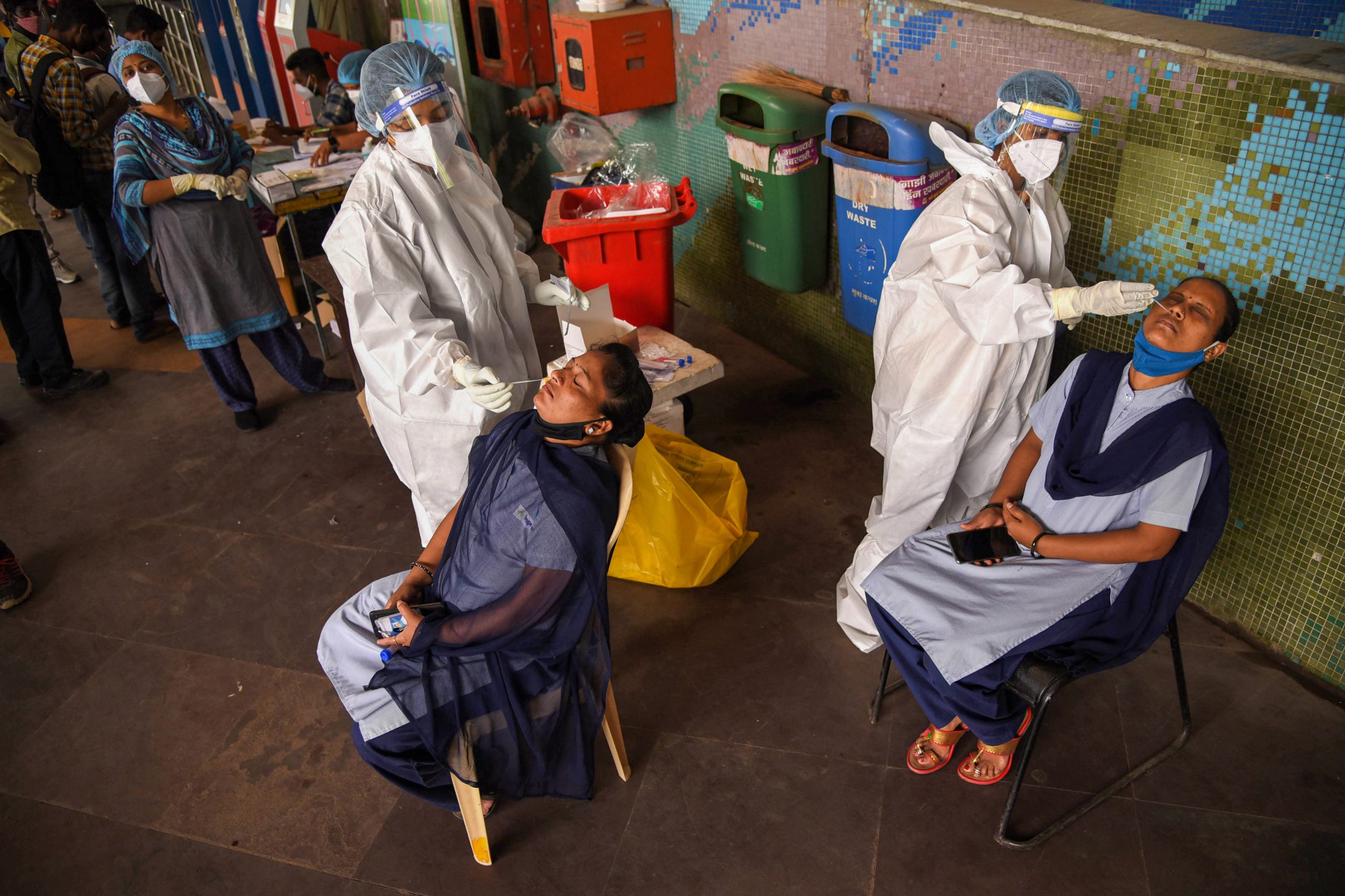The Reverse Transcription-Polymerase Chain Reaction, RT-PCR, test is a ‘real-time nuclear-derived method for detecting the presence of specific genetic material in any pathogen, including a virus,’ IAEA’s website reads. The test has been widely used to detect COVID-19 and with the emergence of the Omicron variant, it has come into spotlight.
Also read: Omicron variant symptoms: Fatigue, mild fever and a scratchy throat
Can RT-PCR detect Omicron?
A positive RT-PCR test can give a good idea if the infection was caused by this newest Variant of Concern (VoC).
In an RT- PCR test, the DNA are mixed with chemical solutions that remove substances such as proteins and fats. The RNA is extracted. It is a mix of the person’s own genetic material and, if present, the virus’s RNA.
Also read: India’s new rules for international arrivals amid omicron concerns
Most RT-PCR tests seek out genes in its spike protein, which the virus uses to invade human cells. More than one spike gene is targeted so mutations can be detected.
WHO said that “most diagnostic tests continue to work and can detect” Omicron, although it is being assessed whether rapid antigen tests (RAT) continue to be effective in confirming positive cases.
The Centre said that this variant cannot escape the RT-PCR or RAT test even as states were asked to ramp up testing. However, not all RT-PCR tests are equipped to detect Omicron.
Also read: Omicron detected in India: What we know so far
“Real time RT–PCR cannot be used to detect past infections, which is important for understanding the development and spread of the virus, as viruses are only present in the body for a specific window of time,” IAEA adds.
It depends on which RT-PCR test is being used, since not all of them are equipped to detect Omicron.
WHO underlined that “confirmation of Omicron by sequencing is recommended”.







